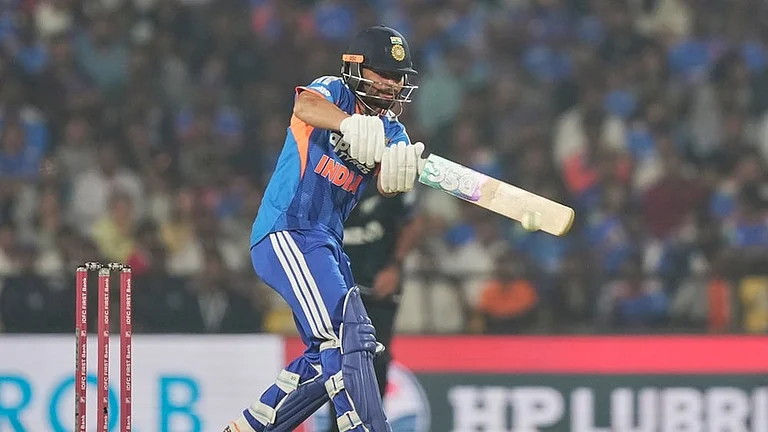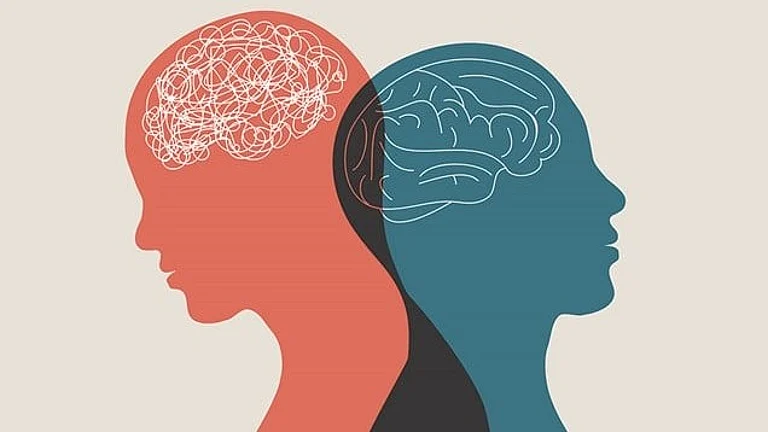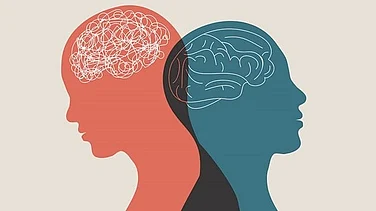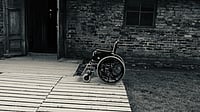She does not blink. Through her tears, she continues to speak. And through that haze, she found her way back into her memory and the courage to speak of all the hurt she carried. Premavathi is called the ‘cycle lady’ here. She lives at the ECRC at The Banyan but cycles across the city and sometimes drops by at her family’s place. She wants them to see she is well and living on her own terms. It has been a tough life on the streets since her father and she became homeless.
She still does not know what happened to her father. When she speaks, the other women look at her as if it is their truth she speaks. Most of them here are from marginalised sections of society and have faced homelessness.
It is the longing that haunts them. The longing for what they lost. But loss, once shared, becomes lighter. Premavathi, on that day, had put her grief on the table. She was free from shame, from longing and from her madness.
Premavathi’s Story
My name is Premavathi. I was born and raised in Chennai. My family was small—my father, mother and younger sister. My father worked a contractual job, but unemployment left him with mental health problems. Our mother left, and my grandparents raised me and my sister.
Having grown up witnessing my father’s illness, the thought that I had to protect him became my sole preoccupation. I believed education could help me care for him, so I spent all my time studying. My friends did many other things, but I only studied.
After my grandparents died, in my early twenties, I discovered I had a mental illness. My father and I became homeless—physically, mentally and financially helpless—at the time.
I lived with my mother for a while, but my thoughts were only about him: ‘Father, father, father.’ I kept searching. I was clueless about where my father had gone and what had happened to him. That was my only thought. I didn’t think about what to do with my own life or how to take it forward.
In February 2023, I was rescued from the beach by the Kaakkum Karangal (a social collective) people and admitted here at The Banyan. I was very violent, though unaware of it. I had even got married and faced many struggles in my personal life, but I survived. I got food and everything else, but I never had a family for the emotional support I wanted. Occasionally, I visit my mother and sister who live nearby, and their reaction is always: ‘Oh, how is she able to!’
I gained social recognition once I came here. Many here are more educated than me, from better backgrounds, but they struggle with the same issues. We learn from all kinds of people—big or small. What we have here is family bonding, more than anything else. Despite our very different languages, lifestyles, castes and religions, each of us feels we have the same strength—the support we get here that keeps us together.
MORE FROM THIS ISSUE
In its August 21 issue Every Day I Pray For Love, Outlook collaborated with The Banyan India to take a hard look at the community and care provided to those with mental health disorders in India. From the inmates in mental health facilities across India—Ranchi to Lucknow—to the mental health impact of conflict journalism, to the chronic stress caused by the caste system, our reporters and columnists shed light on and questioned the stigma weighing down the vulnerable communities where mental health disorders are prevalent.
This copy appeared in print as 'Lived Experiences'.

































